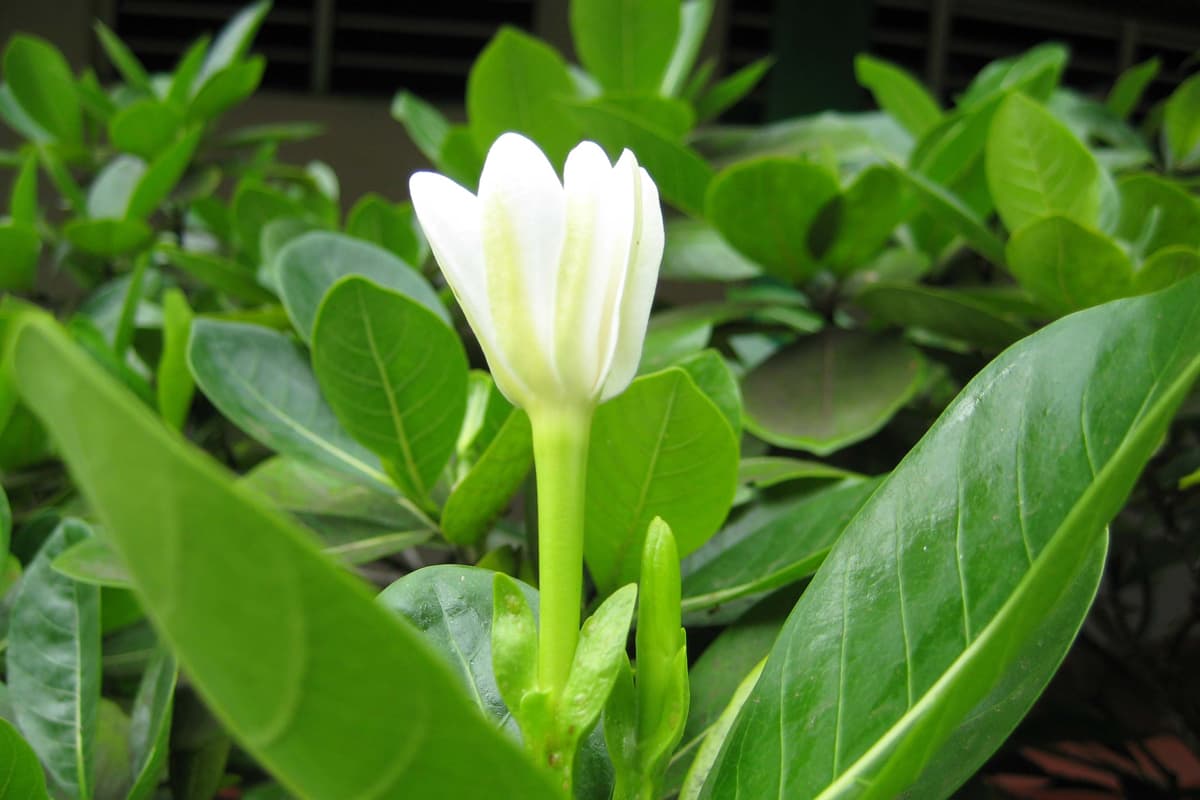What is the traditional Polynesian use of monoi?
Much more than just an oil, monoï is steeped in ancestral traditions. It carries with it legends, love stories and, of course, a great deal of sweetness and know-how. Here's how Polynesians use monoï.
The use of monoï in Polynesia
Polynesians use monoi primarily for massage. Indeed, Taurumi (Tahitian for "massage") is an art form in the Pacific archipelago. Once reserved for the nobility, monoi oil was soon available in a variety of forms for use by all.
In fact, it was customary for newborn babies to be smeared with monoi by their mothers from their very first days. This not only created a strong bond between mother and child, but also protected them from the cold, soothing them and warding off the evil eye. The baby was therefore entitled to a special regular massage, as well as remarkable skin care. According to legend, Atea's son Tané resembled a jellyfish from birth. To restore his appearance, the god Ta'aroa massaged him with the best nature had to offer. And it just so happened to be monoi... Thanks to these magical massages, Tané was able to regain his perfect appearance and skin.
It's not just children who enjoy being massaged. This custom is part of Polynesian life. It symbolizes the relationship between man and nature, a strong and vital bond. Tahitian massage is unique in the world. It uses the hands, forearms and elbows to relax aching muscles or relieve aches and pains.
Finally, monoi is also used by Tahitians as a protective skin and hair care product. However, they never use it for sunbathing. In fact, the oil offers no protection against UVA and UVB rays.

How do Polynesians use monoï and why?
As mentioned above, monoi has a very strong connotation in Polynesian daily life. However, its use differs from what we know here. It's a real Swiss army knife in terms of cosmetics.
As a protective oil, monoi shields the skin from the aggressions of sun, wind and sand. It's an oil that penetrates perfectly into skin that's still damp, protecting it all day long and providing all the natural moisture it needs. This is due to the hydrophobic film it deposits on the epidermis. Polynesians apply it daily.
For hair, monoi is very popular with Tahitian women. It protects hair by forming a film around each hair fiber. As a sheathing agent, it restores strength and softness to the hair, as well as imparting a light, pleasant scent. Tahitian women leave Monoï on their hair overnight, before rinsing and washing in the morning.
Polynesian divers and fishermen are accustomed to coating their bodies with monoï before going fishing or diving. The hydrophobic film makes them more resistant to wind and, above all, cold!

 en
en 





